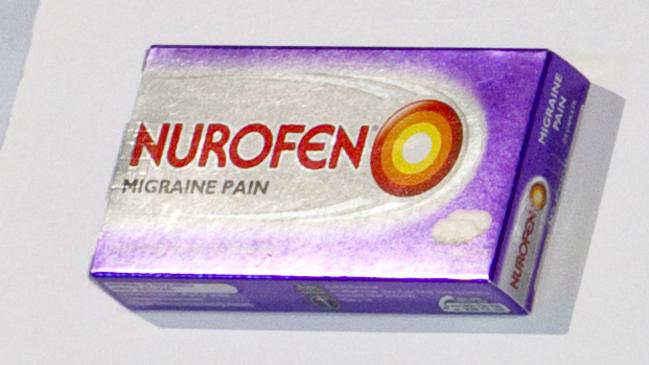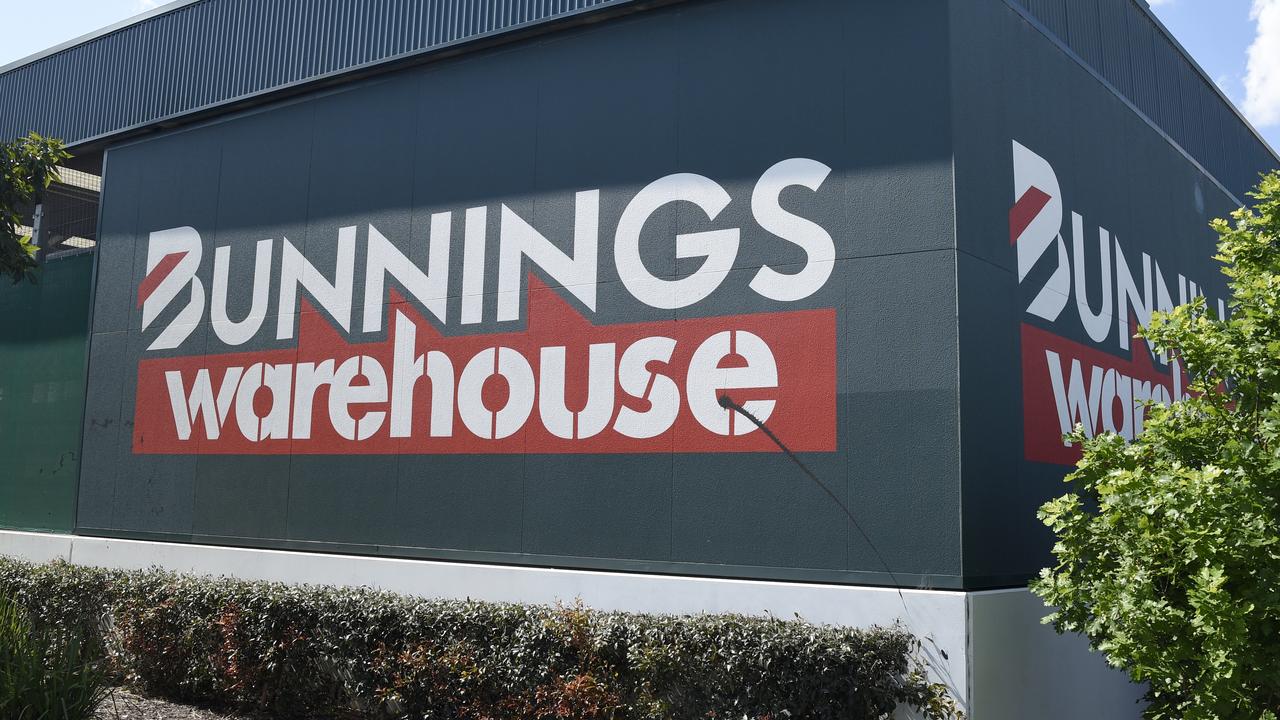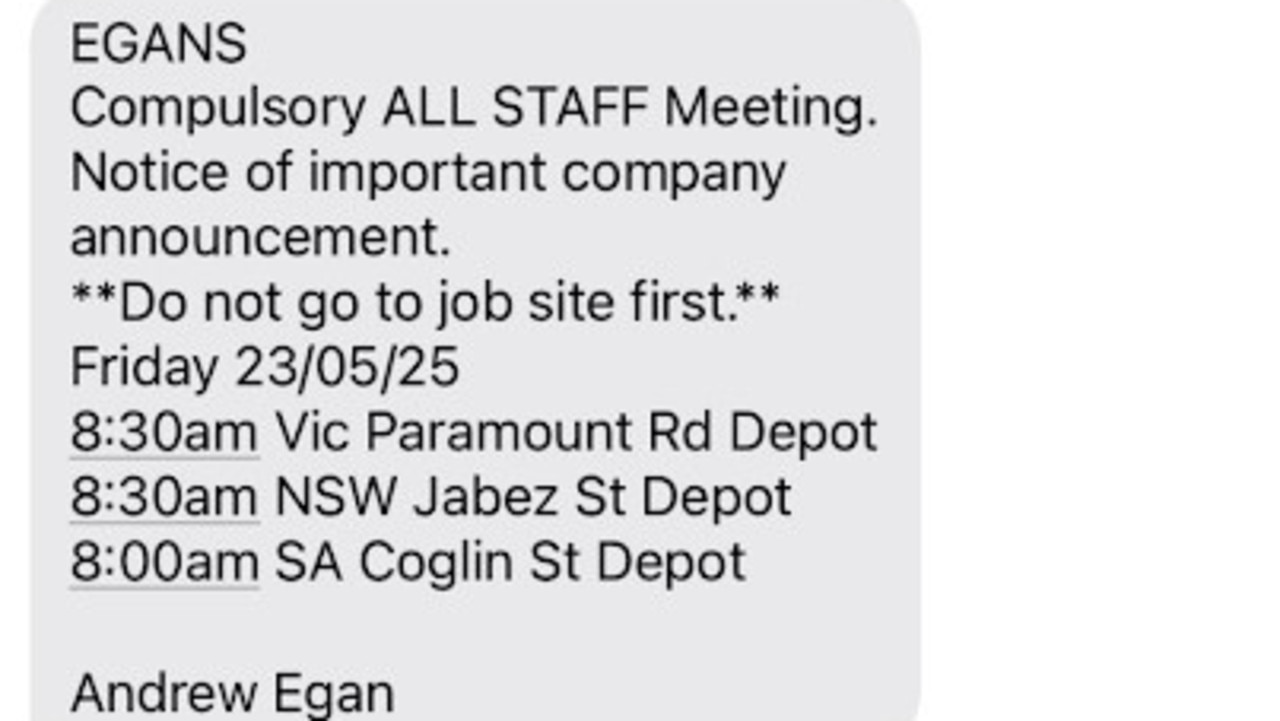Nurofen headache grows to $6 million
THE company behind Nurofen has been slugged a record fine of $6 million for making misleading claims about its products’ targeted pain relief.

RECKITT Benckiser’s $1.7 million fine for misleading claims about targeted pain relief has been increased to $6 million after an appeal by the consumer watchdog.
The Federal Court ordered the Nurofen manufacturer to pay $1.7 million in April after the drugmaker was found guilty of breaching consumer law.
In December, the Federal Court found that Reckitt Benckiser had engaged in misleading or deceptive conduct by claiming its Nurofen Specific Pain products treated a particular type of pain, when this was not the case.
The products each contained the same active ingredient, ibuprofen lysine 342mg. The Australian Competition and Consumer Commission appealed the penalty in May.
In their judgment, Justices Jagot, Yates and Bromwich found that the initial judgment focused on Reckitt Benckiser’s alleged profit and “erred on the question of loss to consumers”.
“In our view, there was ample evidence to infer a direct causal relationship for sales of the more expensive four identical products,” they wrote.
“In particular, there was no credible alternative explanation for the sales, or at least the vast bulk of them, taking place. Accordingly, a finding ought to have been made that a substantial proportion of the difference between the sales price of 5.9 million packages of the impugned products and of the equivalent number of sales of standard Nurofen had been lost to consumers as a result of Reckitt Benckiser’s contraventions.
“Whether that be $26.25 million (as the ACCC has now calculated) or another amount (based on some refinement of the calculations), the loss was in the order of 50 per cent of the total revenue from the sale of the impugned products, being $45 million.”
ACCC Chairman Rod Sims said the decision was “very good news”, but reiterated the consumer cop’s view that penalties under consumer law should be brought in line with competition law. “In terms of the current consumer law we’re delighted with this level of penalty, it’s the maximum of $1.1 million per breach,” Mr Sims told news.com.au.
“We are very much targeting large companies who mislead consumers, and we want these companies to understand that this is not appropriate conduct.
“We are going to continue to advocate for higher penalties under Australian consumer law. If you had higher penalties [in line with competition law] then conceivably the penalty here could have been $50 million, had the judges applied the same logic.”
In May, Mr Sims said the $1.7 million penalty was did “not act as an adequate deterrent and might be viewed as simply a cost of doing business”, with Reckitt Benckiser “making many millions in profits” from sales of 5.9 million units at 8500 outlets during the relevant period.
In a statement, a Reckitt Benckiser spokeswoman said the company was “disappointed” by the decision, as it considers the original penalty was “appropriate in all of the circumstances”.
“Nurofen is considering its position with its legal advisers,” she said. “It is important to note that not all Nurofen Pain products are formulated the same. The Nurofen products are comprised of different formulations of ibuprofen, which require specific manufacturing processes.
“The Specific-Pain Range contains ibuprofen lysine — a unique formulation in the Nurofen range that is absorbed faster than the regular ibuprofen contained in standard Nurofen. All Nurofen products, which have the same active ingredient, pack-size, format and formulation, have the same manufacturer’s recommended retail price.
“The Nurofen Specific Pain Range was introduced with the intention to provide easy navigation of pain relief options, particularly within the grocery environment where pharmacy support is not available.
“In 2015, Nurofen accepted that the representations made on the Nurofen Specific Pain Range web page and packaging may have misled consumers, and at that time Nurofen consented to the Court orders.
“Nurofen did not intend to mislead consumers, however we recognise that we could have done more to assist our consumers in navigating the Nurofen Specific Pain Range. That is, to show that each of the products in the range is equally effective for the other pains indicated on the Nurofen Specific Pain Range packaging.”
The company is also facing a separate class action lawsuit brought by consumers who are seeking millions of dollars in refunds.




